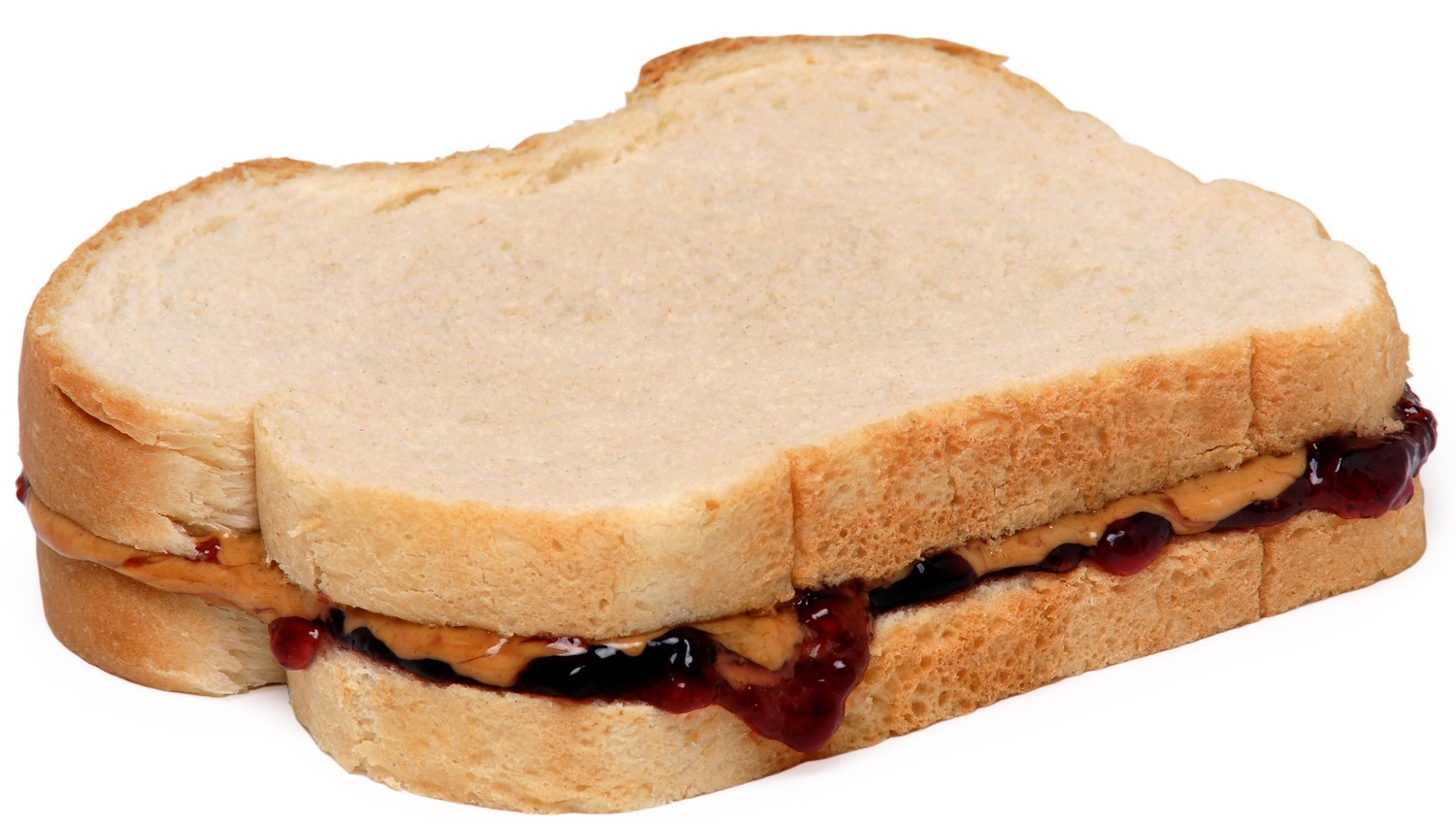Nutrition is a touchy subject.
At its root, it’s really pretty black and white. Your body thrives on an ample supply of ideal nutrients and functions less than optimally on substandard ingredients. So logic would tell you that refining your health should simply be a matter of taking in the good stuff and steering clear of the bad.
If it were only that simple.
Food isn’t just about proteins, carbs, and fats. Food is about emotion. It’s about family. It’s about memories. It’s about communion and shared experiences and self-identity. There is so much more to a meal than the components on the plate. The entirety of the meal becomes a catalyst for everything that happens around it. In fact, it’s difficult to regard anything but the most rudimentary meal with indifference. Heck, does it get any more basic than a peanut butter and jelly sandwich? And yet that duo of simple ingredients smashed between 2 slices of bread arguably evokes more emotion than just about any other food out there.

I’ve found that people reason with logic, but they act on emotion. You know that a chocolate peanut butter cup is probably not the best choice for you, but it just feels so darned good. How can one possibly succeed at implementing a healthy eating plan if it discards their favorite indulgences and leaves them emotionally unfulfilled?
Enter the Cheat Meal
The cheat meal theory says that by allowing yourself the occasional (or regular) guilty pleasure you’ll satisfy an emotional need that will enable you to carry on with your otherwise bland, boring eating.
The cheat meal is the seductive mistress of every bodybuilder, physique competitor, supermodel, and anyone else with a vested interest in body image.
I am not a fan.
It’s not that I am against a little latitude in food choices. I think even the most fundamentalist of paleo junkies and keto addicts should allow himself to break free of the doctrine every once in a while. We are human, after all. What I do take issue with is the idea of a “cheat”.
Cheating implies that you are getting away with something. That you are breaking free of the constraints of the rest of the week by stealing a little goodness on the side. By adopting this view, you are in effect relegating the rest of your diet to a cruel but necessary practice that if endured long enough and with enough discipline will pay off with a coveted reward by week’s end. How long do you expect to maintain healthy eating habits if you regard your weekly meals as little more than lunch line gruel?
Robb Wolf, author of Wired to Eat, has been a pacesetter in the realm of ancestral health and human optimization. As he explained on a recent podcast interview, cheating, by definition, denotes some sort of unfair advantage. The implication is that by cheating, you are sidestepping the grind and circumventing the usual work required to get ahead. But when you’re cheating with bad food, what advantage are you really gaining? Certainly not a nutritional one.
So what’s the workaround?
For starters, let’s stop calling it a cheat. I know, it’s just semantics, but it matters. Eating is a highly individual thing. You and your friend might eat an identical day’s worth of calories and macronutrients while experiencing completely different textures, food combinations, micronutrient levels, and flavor profiles. What is a cheat to you might simply be par for the course for him depending on his taste and nutrient requirements.
Want to yearn for some bad food? Call it a cheat. Slapping a cheat label on a slice of chocolate cake immediately gives it more desirability than a well-seasoned, braised chicken thigh. What if you called it a “setback” instead? Would that make you feel any different about it? Build your plate around a purpose, not a label.
Expand Your Menu
We come stocked with a full array of taste buds and they all deserve their fair share of attention. When I eat something sweet I immediately start craving something salty. If you’re going to ask me to eat some ice cream, you better have some salted cashews on hand as a chaser. If your lane of meals is so narrow and repetitive as to shut out certain tastes and textures, you will inevitably start craving whatever it is you’re lacking.

Instead, build a wide spectrum of tastes and flavors into your meals. Salty, sour, and bitter are pretty easy to come by. Fermented foods such as sauerkraut, kimchee, and other veggies are perhaps your best source for deep flavor at this end of the scale. On the sweet side, work on developing an appreciation for a variety of berries. They are packed with goodness and are relatively low in carbs compared to other fruits. A good dark chocolate of 85-90% cacao is fair game also, providing you don’t down a whole bar at once. Working a full array of flavors and depth into your diet can help curb frequent cravings that would otherwise be triggered by an absence of a specific component of taste.
Allow for a Quick Detour
If you feel you absolutely must cheat, eat a reasonable portion of whatever you’re drawn to and move on. If it’s a matter of either having the bite to satisfy a craving or going postal, chow down and then regroup. Don’t call it a cheat. Just consider it part of the process. We all go through it. Understanding this going in removes any remorse that you might otherwise associate with veering from your predetermined path. Sometimes the guilt that comes with a cheat is more harmful than the food itself.

A funny thing starts to happen when you allow yourself a little freedom to reach for the forbidden fruit. You find yourself wanting it less and less. In my experience, there is an inverse relationship between your affinity for whole, fresh foods and your tendency to trend toward junk. As you get more dialed in to the foods that help you perform well and vibrate at a higher frequency, you really don’t miss the other stuff. That shift takes longer for some than for others, but it happens. Give it time to develop.
In the meantime, focus on your positive progress and accept that fact that a less than optimal meal here and there is all part of the journey.


